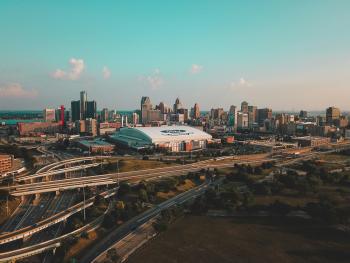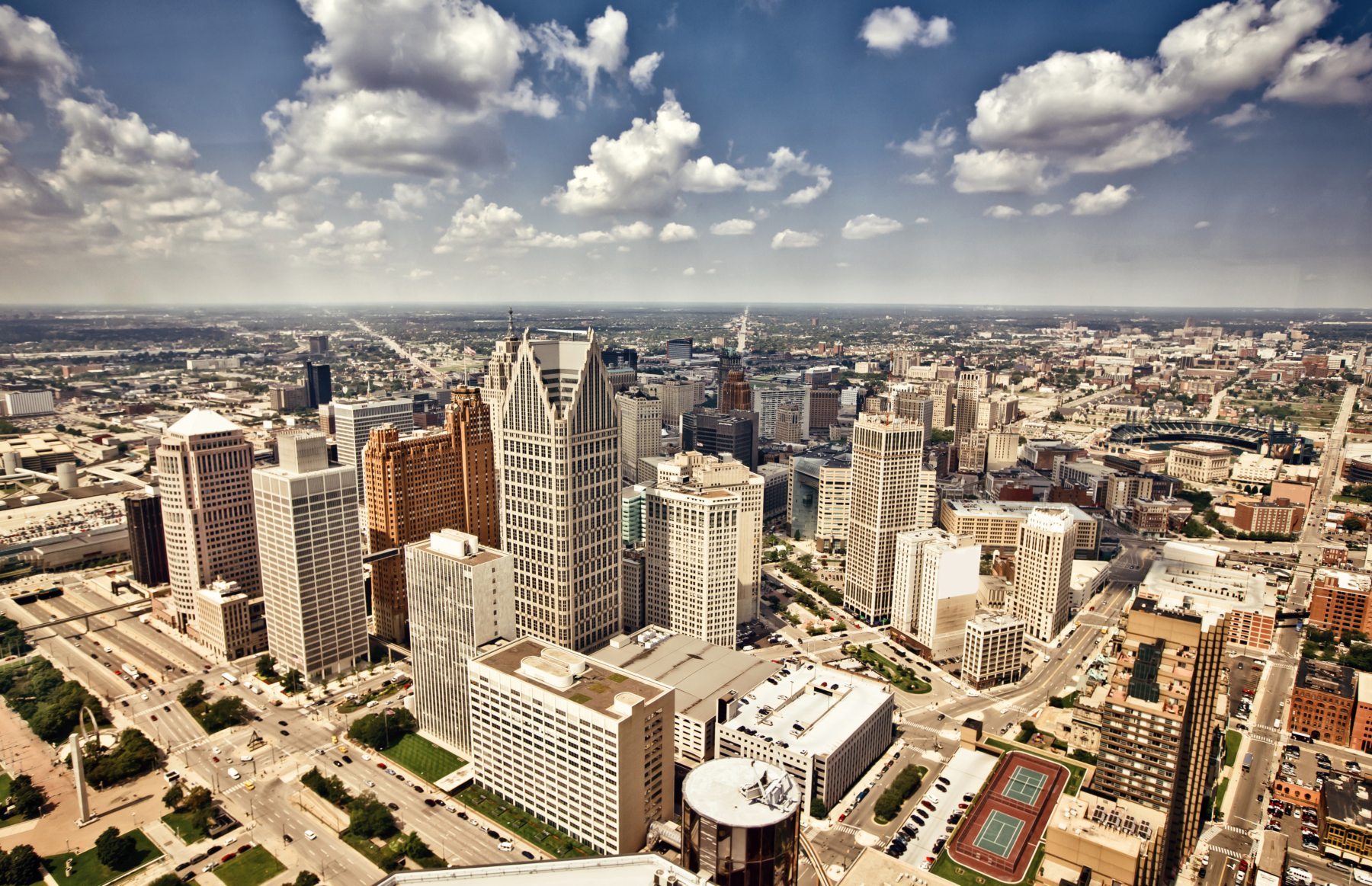
Outgoing Mayor Mike Duggan proclaimed that Detroit’s most promising era is still ahead during his final State of the City address on Tuesday night. Speaking at the nearly completed Hudson’s Detroit building on Woodward Avenue in downtown, Duggan’s one-hour speech was more a celebration of past achievements and a hopeful look to the future than an announcement of new policies. As he prepares to leave office later this year and launch an independent statewide campaign for Michigan governor, Duggan highlighted his record on job creation, economic growth, and urban renewal—from demolishing thousands of derelict homes and developing new housing, to boosting public safety and stabilizing the city’s fiscal health.
He emphasized that these accomplishments lay a solid foundation for Detroit’s continued progress, irrespective of who takes over the mayoral role. Notably, he pointed to a $550 million rainy day fund and several major development projects poised to transform the city over the next five years. A revamped Renaissance Center, in his view, would be the crowning achievement among these initiatives.
Duggan underscored the momentum behind numerous projects, including the ongoing Hudson’s Detroit development, the forthcoming J.W. Marriott hotel along the Detroit River, and the significant overhaul of Henry Ford Health’s campus in New Center. Reflecting on his time in office—which began during Detroit’s challenging bankruptcy period—he stressed that one of his key contributions was fostering collaboration rather than conflict. His efforts on the riverfront, a priority throughout his tenure, included a strong stance against allowing private interests to monopolize public spaces.
A considerable portion of his speech was devoted to his vision for the Renaissance Center. With its aging, underutilized office towers along the Detroit River, the center has long hindered progress. Duggan recalled discussing plans with GM CEO Mary Barra, who proposed moving GM’s headquarters out of the Renaissance Center. His only condition was that GM retain ownership of the property, citing past failures of large-scale real estate sales in Detroit—examples being the notorious Packard Plant and other derelict sites. Instead, Duggan welcomed the involvement of Bedrock’s founder, Dan Gilbert—who received a standing ovation during the event—for his proposal to demolish two of the center's five main towers.
However, this redevelopment plan has stalled, largely due to its dependence on public funding and recent resistance in Lansing to extensive financial incentives. Duggan advocated for expanding the state’s Transformational Brownfield Plan, which offers developers tax breaks on project back-ends rather than upfront cash, a model that could also boost other projects such as the redevelopment of Lakeside Mall in Macomb County. He also pointed to the former Uniroyal Tire Co. site near the Belle Isle bridge, suggesting it could be repurposed into a multi-sport athletic facility—a vision aligned with efforts by Detroit Pistons owner Tom Gores and investors aiming to attract a WNBA team, as reported by Crain’s.
Concluding his address, Duggan remarked on the current climate of divisive politics, contrasting it with the collaborative spirit that has driven Detroit’s resurgence over the past decade. "Tonight, you’re going to hear a story about people who came together to rebuild a city," he said, setting the tone for a future defined by unity and progress.

